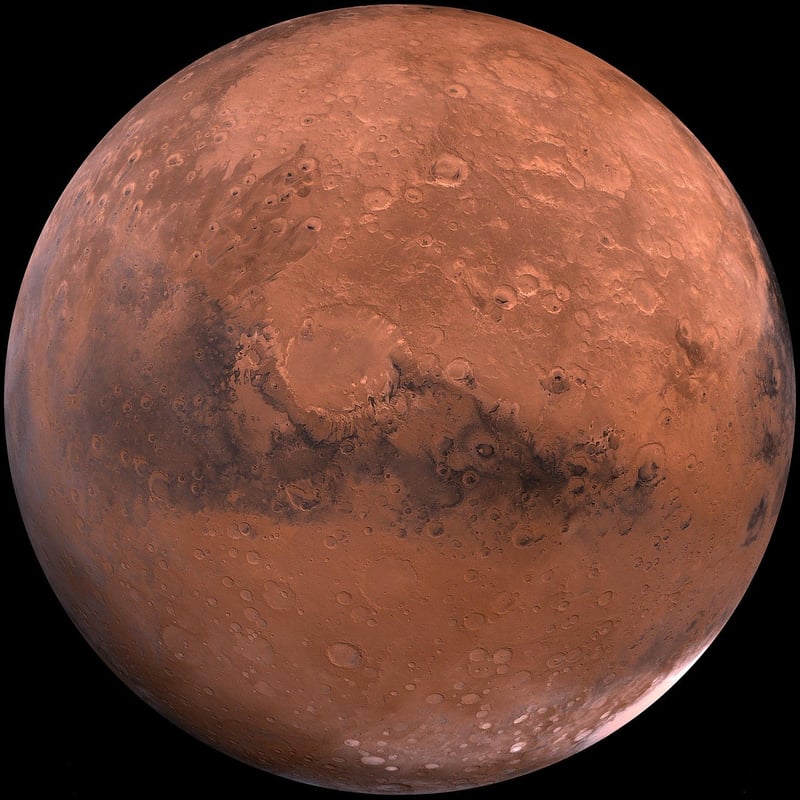Martian Ecosystems
Exploring the Possibility of Life Beyond Earth in Martian Ecosystems
As humanity continues to push the boundaries of space exploration, one of the most intriguing questions that scientists seek to answer is the existence of life beyond Earth. Among the various celestial bodies in our solar system, Mars has long been a focal point of study due to its similarities to Earth and the potential for hosting microbial life forms.
The Search for Life on Mars:
Mars, often referred to as the "Red Planet," has captivated the imagination of scientists and space enthusiasts alike. Recent missions to Mars, including the Mars Rover expeditions, have provided valuable insights into the planet's geology, atmosphere, and history. These missions have also raised exciting possibilities regarding the presence of microbial life on Mars.
Key Factors Supporting the Existence of Martian Ecosystems:
- Water: Evidence suggests that Mars once had rivers, lakes, and even an ocean, indicating the presence of liquid water in the past - a key ingredient for life.
- Atmosphere: Mars' thin atmosphere is rich in carbon dioxide, which, coupled with sunlight, could provide energy sources for potential microbial life.
- Subsurface Conditions: Beneath the Martian surface, conditions may be more favorable for microbial life to thrive, shielded from harsh radiation and extreme temperatures.
Exploring Martian Ecosystems:
Future missions to Mars aim to delve deeper into the planet's history and geology, with a specific focus on identifying potential habitats for microbial life. Scientists are developing advanced instruments and technologies to analyze soil samples, drill into the Martian crust, and search for biosignatures that could indicate the presence of past or present life forms.
Challenges and Opportunities:
Exploring Martian ecosystems presents numerous challenges, including the harsh surface conditions, radiation exposure, and the need for self-sustaining habitats for human missions. However, the potential rewards of discovering life beyond Earth and understanding our place in the universe drive scientists to push the boundaries of exploration.
Conclusion:
While the search for life on Mars is ongoing, the scientific community remains optimistic about the possibility of finding microbial life forms or evidence of past life on the Red Planet. By leveraging cutting-edge technologies and international collaboration, we are inching closer to unraveling the mysteries of Martian ecosystems and potentially unlocking the secrets of life beyond Earth.
Let's continue to look up at the night sky with wonder and curiosity, knowing that the answers to our most profound questions may lie within the reaches of the cosmos.

For more information on Mars exploration, visit NASA's Mars Exploration Program.
